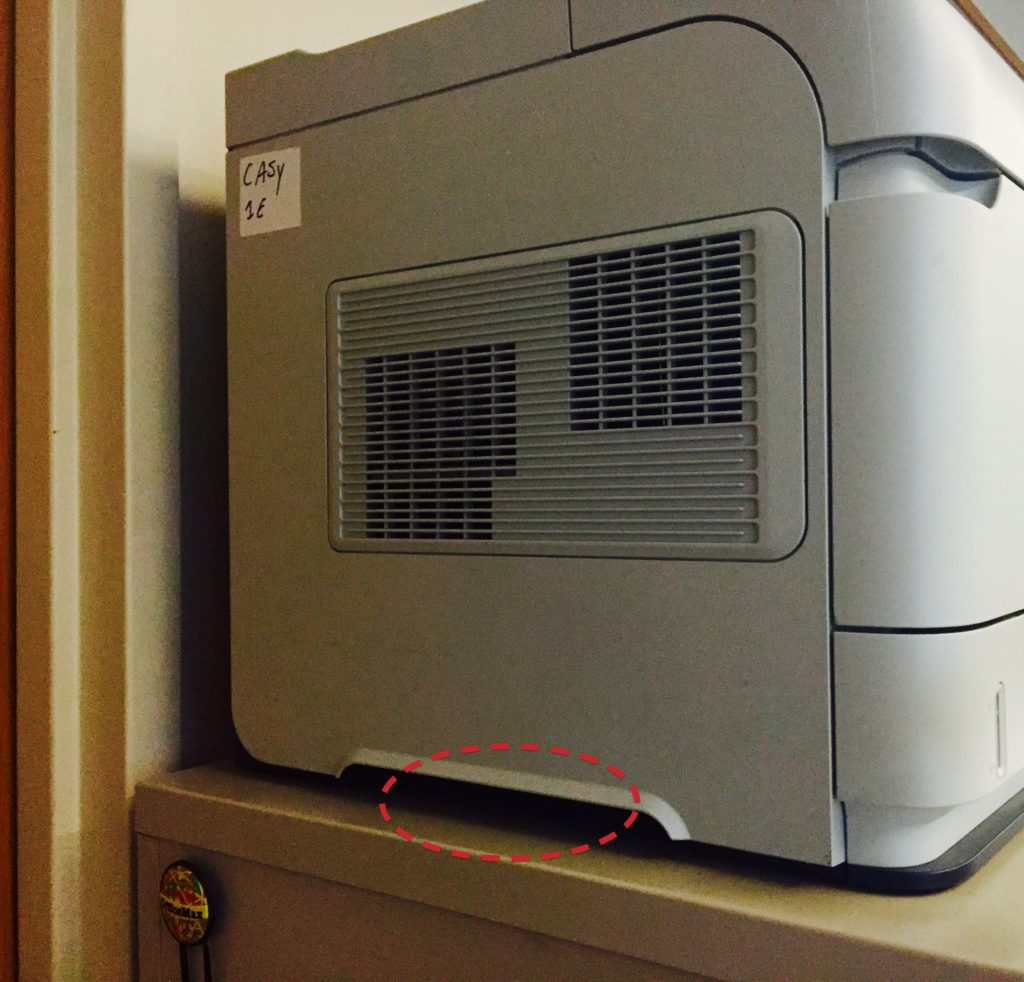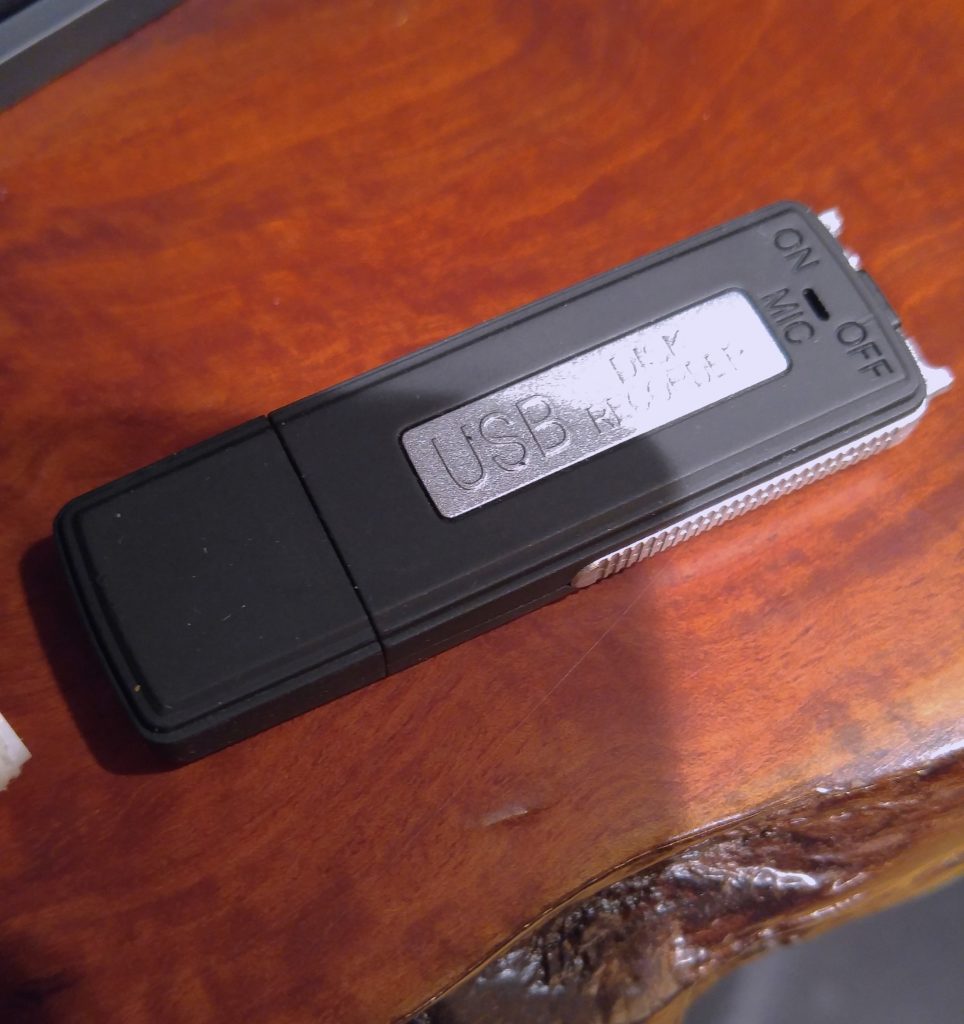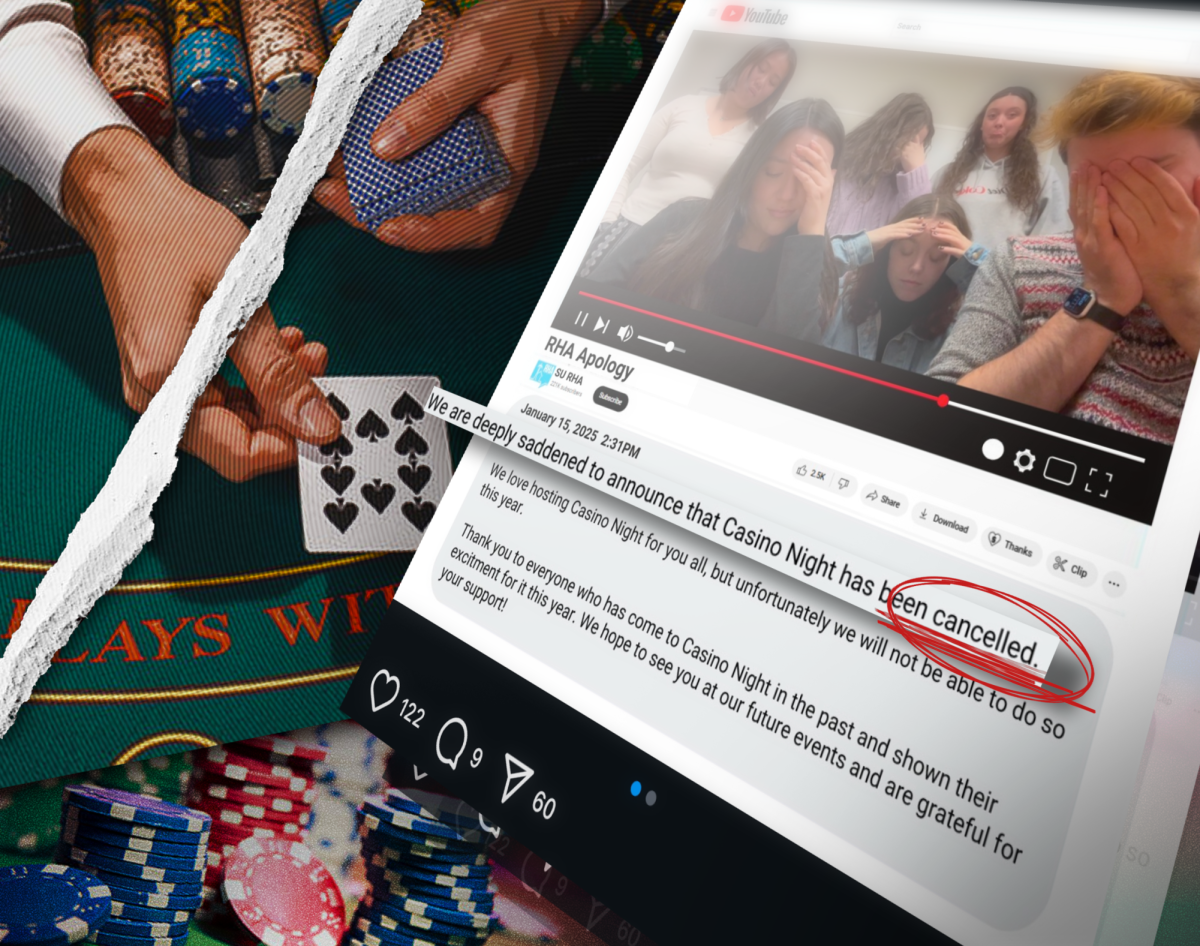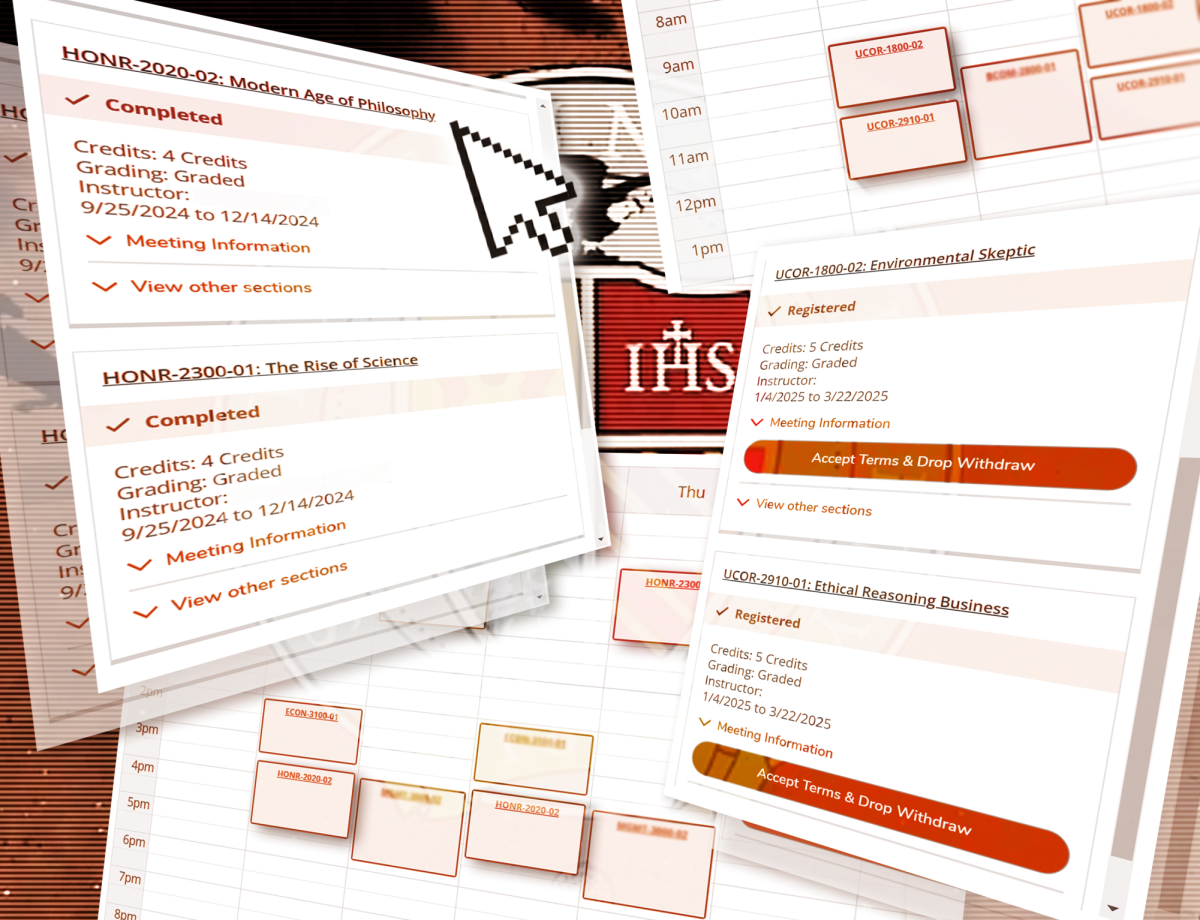UPDATE: Foster was placed on Administrative leave on June 1.
Father John F. Foster, S.J., admitted to owning a USB recording device found in the Matteo Ricci College (MRC) office at Seattle University earlier this week. President Fr. Stephen Sundborg, S.J., wrote an email statement to the Spectator on behalf of both him and Fr. Thomas Lucas, S.J.—who is the rector of all Jesuits at Seattle U—about the incident. According to Sundborg, the incident is now under investigation as a “personnel matter,” and Lucas has asked Foster to not involve himself with “MRC in any way and to cooperate with the investigation.”
_
The office has been home to the MRC Student Coalition, an anti-racist group demanding a complete overhaul of the MRC curriculum and the immediate resignation of Dean Jodi Kelly, since they began a sit-in protest on May 11. According to the MRC page on seattleu.edu, Foster, now a Jesuit for 57 years, is a co-founder of the college and the College Chaplain Assistant to the Dean. He also founded the original Seattle U radio, KSUB, in 1994.
According to Washington’s two-party consent law, it is illegal to record a person’s conversations that common sense would dictate as private, without recorded consent.
MRC Faculty member Audrey Hudgins found the device on the evening of Tuesday, May 24 as she prepared to go home.
“I have a background as an intelligence officer in the Army so I understood it to be a listening device,” she said.
The device was located on the filing cabinet outside her and Foster’s shared office, which is on the left side of the MRC office. The device was partially tucked under a crevice of a large printer on top of the cabinet, and the instructions for the device were wrapped around it and secured with a rubber band.

The red circle indicates the crevice in which Fr. Foster’s recording device was wedged
–
When Hudgins removed the rubber band and the instructions, she saw that the microphone’s light was blinking, indicating that the device was, “on and running,” Hudgins said.
She said that a USB recording device in general can record long periods of time and will shut itself off when it reaches full capacity. Foster’s recording device in particular only needs to be charged once a month.
After finding the device, Hudgins picked it up and turned it off before listening to all the recordings—four in total. While she almost did not listen to the recordings because the device’s time is incorrectly set in the year 2000, Hudgins said the first recording very clearly occurred earlier in the day and she could easily “determine who was speaking based on the voice,” she said. “So then I had to listen to all the recordings.”
The first recording is part of a faculty meeting that Hudgins led around noon on May 24, which about 10 faculty members attended. The other three recordings are of the office area where the MRC Student Coalition is currently occupying. She said the recordings were about two hours long total with the faculty meeting taking about forty minutes of that time. None of the recordings documented consent from any party.
After listening to the recordings, Hudgins became “increasingly disturbed by [the device’s] existence,” and called the Department of Public Safety (DPS) at Seattle U at about 11 p.m. to alert them of her finding. The next morning, she gave the device to Interim Director of DPS, Craig Birklid, and filed a report.
The matter has also, “been referred to the Provost and HR for follow up,” Birklid said.
Shortly after midnight on Wednesday, May 25 Hudgins sent an email to MRC faculty alerting them of the device. Foster responded to the email, admitted that it was his and said he uses it to help him “keep a clearer memory of events I attend,” he wrote. “They are for my own use.”
He also added “Whatever is on it is of our meeting today.”
But Foster’s statement does not address the three other recordings of the MRC office.
Hudgins spoke with Foster on Wednesday expressing her disappointment about the recordings. She said that while parts of Foster’s explanations made sense, they don’t add up.
“It makes sense what he said happened…he had it in his hand and he fumbled with his keys…set something [down] to be able to open the door and then he just forgot—got distracted and forgot about it,” she said. “But is still doesn’t explain why there is three recordings there of the office.”
She added that even one of the MRC office recordings could be explained if he accidentally turned the device on and left it there. But that still would not explain the existence of the other two recordings.
Foster did not respond to the Spectator’s request for comment, as, according to Sundborg, Lucas asked Foster to not talk to anyone about MRC or the sit-in.
Since the device was discovered, feelings of distrust and lack of privacy have increased among both students and faculty. The discovery of the device is just the latest in a growing list of events—including hate speech filled phone calls to the Coalition and racial slurs yelled outside the Casey building—that have made the coalition and others feel that their safety is compromised.
Hudgins said that the majority of faculty is offended and uncomfortable that Foster recorded the faculty meeting without their knowledge.
“This is…creating a distrust and a lack of collegiality and that’s complicating matters right now, not helping,” Hudgins said.”Faculty are feeling pretty unsafe…A level of trust in collegiality would indicate that [Foster] would say, ‘hey, I’d like to record this because I don’t remember well.’ But that didn’t happen.”
The coalition addressed the recording in a campus-wide email on Friday.
“This is a complete violation of privacy and a serious breach of security and safety,” the Coalition wrote. “It is now Friday the 27th and no public action by the administration has been taken.”
John Strait, an Academic Assembly (AcA) member, said that AcA—an elected body through which faculty members make decisions—will likely speak on this matter in the near future.
Melissa may be reached at editor@su-spectator.com









